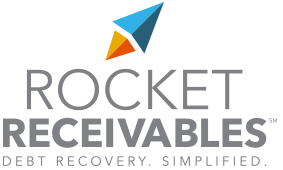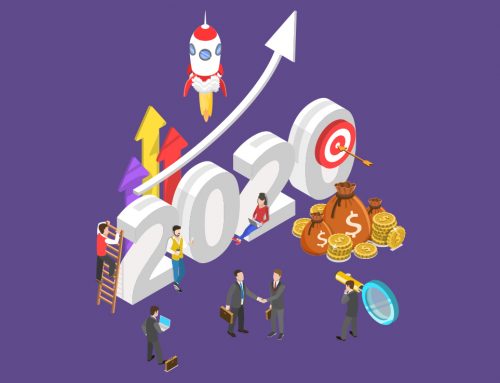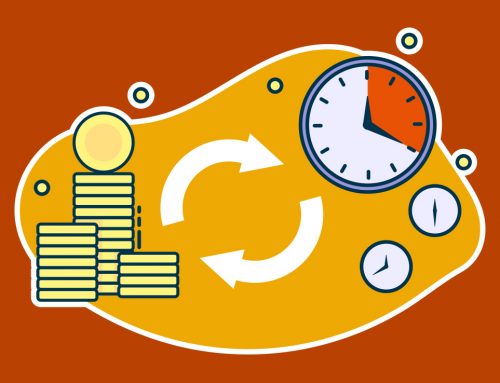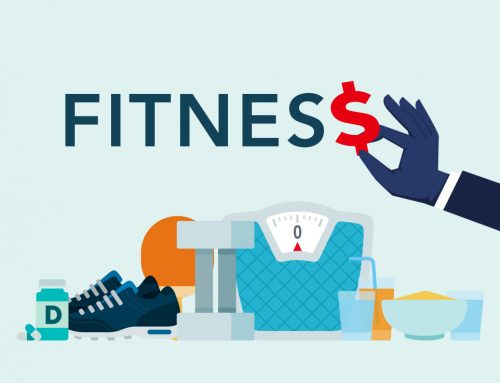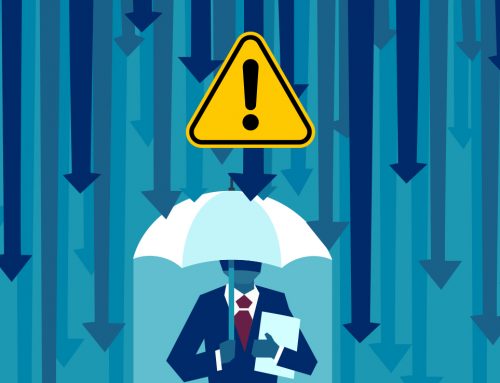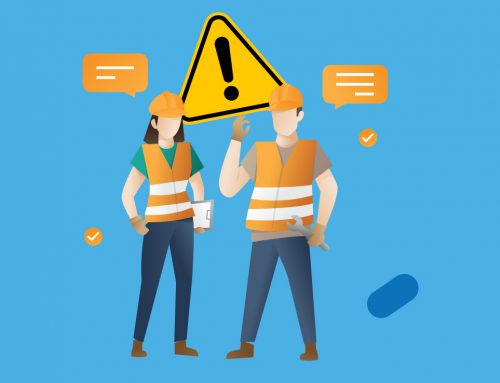Debt collection sometimes seems too complicated, especially for small business owners that don’t have time for in-house collections. They often wind up writing-off unpaid invoices instead of pursuing the money they’re owed, which is often a mistake.
Two-stage automation and collaboration can help you manage receivables more effectively. Partnering with a small business collection agency to optimize your accounts receivable management processes and reduce write-offs might help keep your business in the black.
Stage One: Collect Money Quickly
Why should debt collection take more of your time than absolutely necessary? Automation makes collection services run more smoothly and quickly, especially in a high-volume operation. In a two-stage collection process, the first stage focuses on debts that are fewer than 120 days old.
If you work with a small business collection agency like Rocket Receivables, the first stage involves nothing more complicated than signing up, uploading your past due accounts, and waiting for the checks to roll in. The agency handles everything else, which includes first- and third-party letters that are specifically designed to encourage prompt payment.
Stage One collections are available on a fixed-fee basis. In other words, you can manage your accounts receivable expenses more easily because you know exactly what the service costs. Plus, since you’re outsourcing your debt collection needs, you can focus on running other parts of your business while the experts collect on unpaid accounts.
Outsourcing also allows you to collaborate with an agency that has the human and financial capital necessary to collect debts quickly. They know how to follow the rules set forth by the Federal Trade Commission (FTC), and they focus on courteous debt collection methods that encourage consumers to work with the agency instead of rebelling against it.
Stage Two: Ramp Up the Collection Power
First-stage collections usually work wonders with accounts receivable. Consumers like the fact that they have multiple payment options and that they’ve been treated with respect.
However, once an account ages beyond 120 days, we recommend proceeding to stage two, which involves more aggressive (but still courteous) measures.
The stage-two process can vary depending on your industry and the particular account. It could involve the agency’s attorney network, for instance, if the amount owed warrants legal action. Other methods could include screening for bankruptcy and other mitigating factors, deploying a scoring algorithm, and placing calls to customers who haven’t responded to invoices.
Small businesses rarely have the infrastructure necessary for stage-one collections — let alone stage two. From skip-tracing software to advanced data analytics, you can gain access to sophisticated tools when you partner with a third-party agency.
If you’re tired of staring at unpaid debts on your books, now is the time to get serious about accounts receivable. We work with business owners and executives who want to get the best ROI from their collection attempts, and we have the infrastructure and talent necessary to collect what you’re owed. Get started with our collection services today, or subscribe here to start receiving e-Tips on debt collection best practices.
